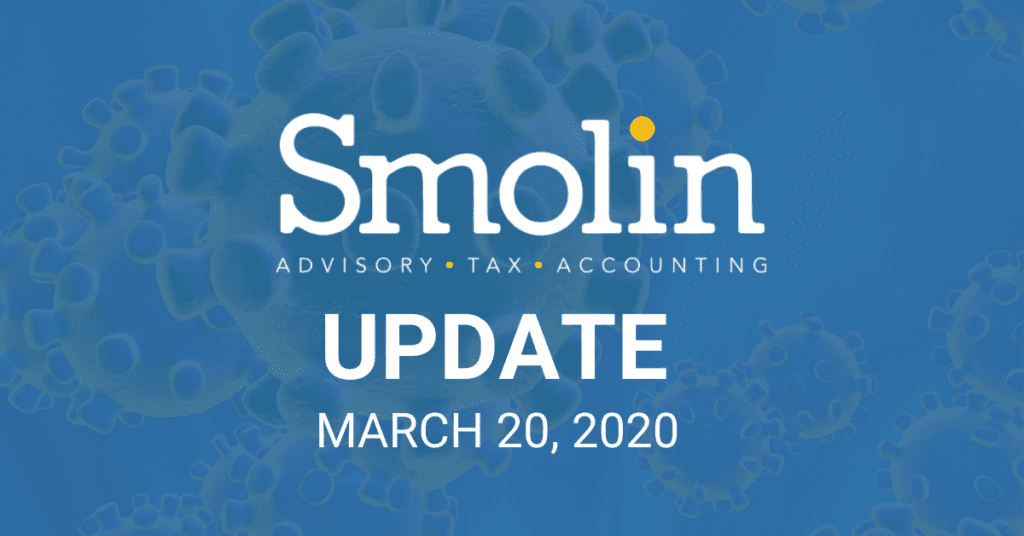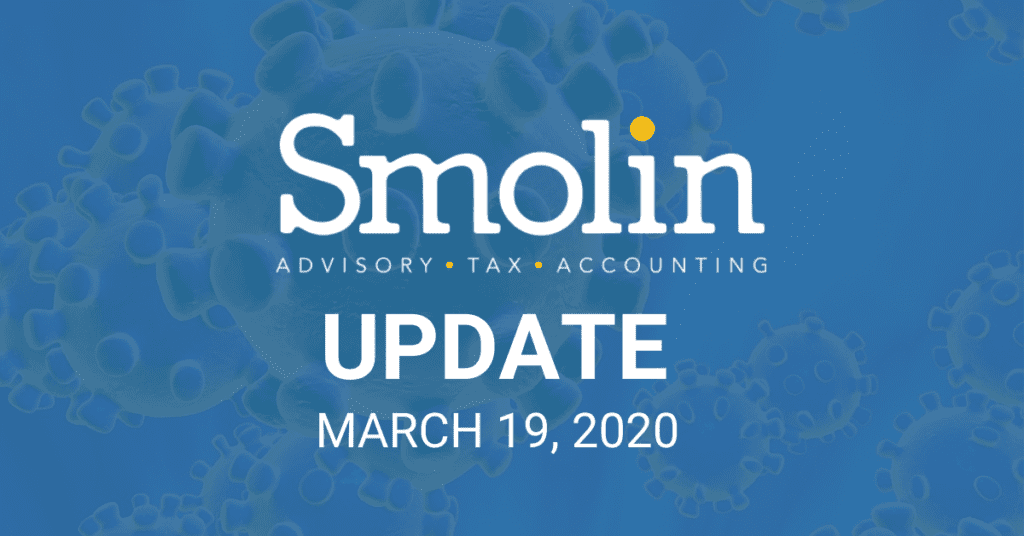Provided by Business Wire.
National Accounting Firm’s Leaders Take Pies to Face for Children’s Charity
May 31, 2017 10:00 AM Eastern Daylight Time
CHICAGO–(BUSINESS WIRE)–BDO USA, LLP, one of the nation’s leading accounting and consulting firms, recently raised $75,000 during a two-week employee fundraising drive in support of Red Nose Day, the Comic Relief charity dedicated to ending child poverty.
BDO professionals took part in red-themed activities across the firm, such as bake sales, casual dress days and most notably “Pie-in-the Face Challenges” to raise funds that support projects to ensure kids are safe, healthy and educated.
This initiative is part of BDO USA’s year-round BDO Counts initiative – the firm’s ongoing community outreach program that challenges BDO professionals across the country to give back to the communities in which BDO does business.
Janet Scardino, CEO Comic Relief Inc. said, “BDO has been incredible at bringing their employees together in support of Red Nose Day – getting creative, having fun and giving back.
It’s been inspiring to see their engagement and donations grow so exponentially each year. We are so very grateful for the enthusiastic support of their entire team across the country.”
BDO USA CEO, Wayne Berson, issued a challenge to the firm’s office managing partners (OMPs) to set fundraising goals for employees in their offices and agree to be “Pie-ed in the Face” should staff reach that target.
Last week on May 25 – Red Nose Day – BDO’s “pie-ous” employees took good natured delight in seeing Mr. Berson and many of the firm’s OMPs splattered with pies around the country as the firm far exceeded its goals.
“As a firm, we are very active in community service and charitable causes throughout the year, and National Red Nose Day has become a major part of our fundraising calendar,” said Wayne Berson. “We want to thank all of the managing partners who took on this challenge with such a great sense of humor.
Most importantly, we want to thank our professionals for their unbelievable charitable spirit in driving this exceptionally successful initiative to benefit children in need.”
About Red Nose Day
Red Nose Day is a fundraising campaign run by the non-profit organization Comic Relief Inc., a registered U.S. 501(c)(3) public charity. Red Nose Day started in the U.K., built on the foundation that the power of entertainment can drive positive change, and has raised over $1 billion globally since the campaign’s founding in 1988.
Red Nose Day launched in the U.S. in 2015 with a mission to raise money and awareness to end child poverty, and has raised over $95 million to date for the cause. Money raised goes to the Red Nose Day Fund, which supports programs that keep children in need safe, healthy and educated, both in America and abroad.
Beneficiaries include the Boys & Girls Clubs of America; charity: water; Children’s Health Fund; Covenant House; Feeding America; Gavi, the Vaccine Alliance; Laureus Sport for Good; National Council of La Raza; Oxfam America; Rotary/End Polio Now; Save the Children; and The Global Fund.
Since launching in the U.S., Red Nose Day has received generous support from millions of Americans, hundreds of celebrities and many outstanding partners, including Walgreens, NBC, Mars, and the Bill & Melinda Gates Foundation.
About BDO USA
BDO is the brand name for BDO USA, LLP, a U.S. professional services firm providing assurance, tax, financial advisory and consulting services to a wide range of publicly traded and privately held companies.
For more than 100 years, BDO has provided quality service through the active involvement of experienced and committed professionals. The firm serves clients through more than 60 offices and more than 400 independent alliance firm locations nationwide.
As an independent Member Firm of BDO International Limited, BDO serves multi-national clients through a global network of more than 1,400 offices in over 150 countries.
BDO USA, LLP, a Delaware limited liability partnership, is the U.S. member of BDO International Limited, a UK company limited by guarantee, and forms part of the international BDO network of independent member firms.
BDO is the brand name for the BDO network and for each of the BDO Member Firms. For more information, please visit: www.bdo.com.
Contacts
WalshPR
Jerry Walsh, 631-491-9008
jerry@prwalsh.com







 Smolin Lupin
Smolin Lupin